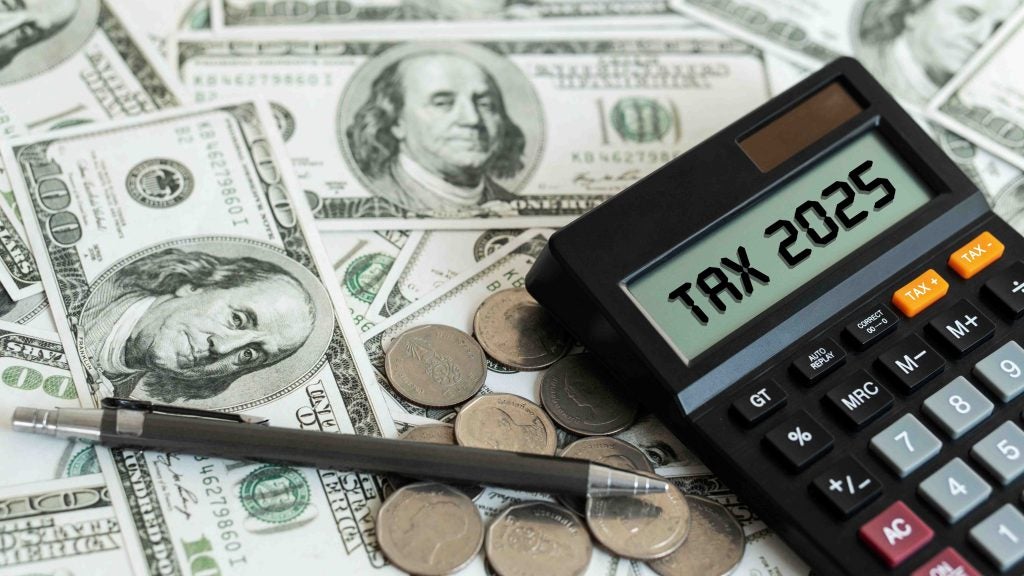As China’s wealthy weigh up the size of their red envelopes – the traditional gift presented at Chinese New Year – they are likely to be a little lighter as they prepare for a tough year of the Rooster, writes Oliver Williams, head and founding member of WealthInsight.
The Chinese New Year is a spellbinding event for most of Asia as the world’s largest migration drains cities of their population for the 15 day holiday. But China’s Year of the Monkey has left the nation in a perilous position to commence the Year of the Rooster.
Its stock markets were among the world’s worst performers in 2016 following selling panics at the start of the year. A falling Yuan – dropping 7% against the dollar in 2016 – prompted a record capital exodus in 2016 as investors dodged regulators to take $728bn out of the country according to Standard Chartered. This resulted in China’s slowest full-year growth figure since 1990. Then Donald Trump was elected President of the United States.
China’s 1.3m HNWIs have been on the frontline of these economic shocks: From 2015 to 2016, the volume of HNWIs in China decreased for the first time since 2008 according to WealthInsight (2016-2017 data is not yet released). Any increase in wealth has accompanied capital outflows: Chinese HNWIs held $1.4trn overseas in 2015, approximately 28% of their total wealth, with most being put into equity and real estate.
This figure is expected to increase to approximately $1.8trn by 2020 according to WealthInsight, though not if the regulators have their way. Tighter restrictions are making it harder to open bank accounts in Hong Kong – the traditional departure port of Chinese wealth.
The State of Hong Kong
Hong Kong has suffered in other ways that reflect the state of the Mainland’s wealth. The luxury goods industry – often a canary for the state of HNWI wallets – has seen some of its most disappointing results from Hong Kong. Swiss watch sales to Hong Kong, the largest market, declined 25% and are down by half in four years.
Purchases of jewellery and watches are down by 22% according to government figures. This “crises of the Chinese wrist” is blamed in part on the high exchange value of the Hong Kong dollar but also on the Chinese government’s crackdown on lavish “gifting”, now in its fifth year.
The Trump Factor
The biggest worry for Chinese HNWIs in the Year of the Rooster, however, has to be the actions of America’s new president.
While campaigning, three of Trump’s “7 Point Plan To Rebuild the American Economy by Fighting for Free Trade” apply negatively to China. Since the US is China’s largest export market, these trade restrictions will directly hit the pockets of China’s wealthy.
The majority of China’s HNWIs have made their wealth from exports: 45% of Chinese HNWIs owe their wealth to industries in the basic materials, telecoms and manufacturing, all export heavy industries, which would immediately suffer from US import tariffs. Manufacturing particularly irks Trump: “Almost half of our entire manufacturing trade deficit in goods with the world is the result of trade with China”.
Private Banking in the Year of the Rooster
In light of recent events and in anticipation of future ones (notably what happens in the US), however, Chinese HNWIs may start to demand a different type of private banking.
Tolerance of risk will be low while the desire for global asset allocation will be high. Already, the target for Chinese HNWIs is to have one-third of their assets overseas, according to the Hurun Report. That will almost certainly increase if trade tariffs with the US are threatened as investors fritter over domestic returns.
In a world of tightening emigration, many HNWIs will also seek to complement their overseas investments with a foreign passport or two, properly opting for one of European or North American origin. The world’s largest migration ahead of the Chinese New Year may yet prompt another migration, but this one of HNWI and capital flight.
Chinese vs. Global HNWIs (%), 2011–2015

Source: WealthInsight







